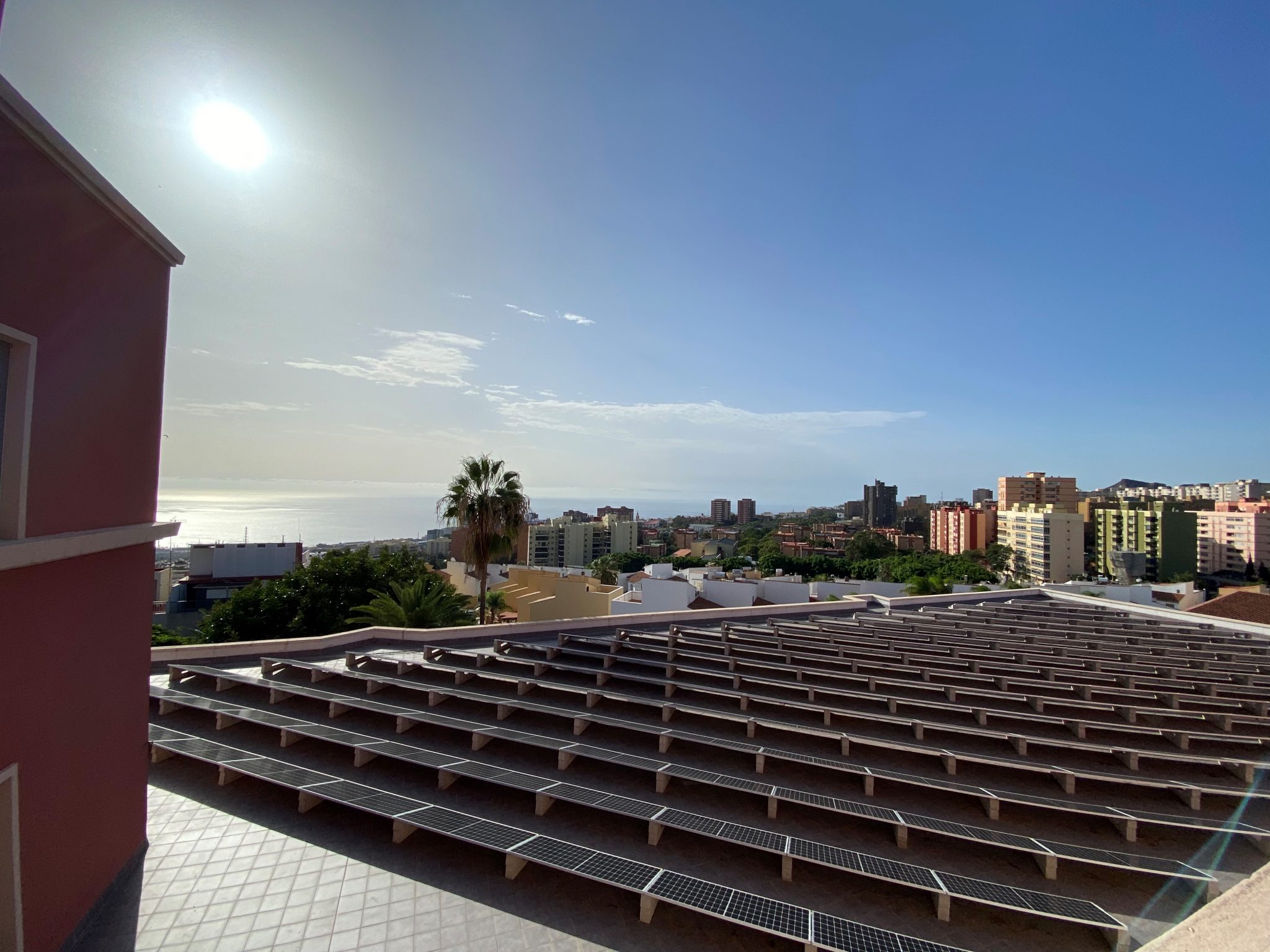The Hospitaller Order of Saint John of God plans to reach an installed capacity of 4,350 kW of electricity generation by 2025 solar energy thanks to the installation of 8,000 photovoltaic panels in its hospitals from all over Spain. This is reflected in the energy sustainability strategy, in which, in addition to reduction actions, generation actions are also planned.
“There is a general scientific consensus around the idea that human health and well-being are linked to the quality of the environment,” explains the General Director of the Order in Spain, Juan José Afonso, for whom “the commitment of Saint John of God “For sustainability, it is the commitment to health, so the integration of sustainability into the business strategy occurs in a natural way, pursuing the protection of the environment to protect the health of current and future generations.”
For all this, Saint John of God intensifies efforts and accelerates the transition to sources of solar energywith centralized negotiations for all centers of the Order when hiring green electricity originating from clean energiesthe implementation of air quality monitoring systems and plans to reduce the ecological footprint.


The progressive digitalization of all processes, such as clinical history to become ‘paperless’ hospitals, as well as a responsible purchasing policy that promotes the purchase of zero kilometer products, in addition to the installation of charging points for electric vehicles, These are some of the measures implemented by the centers.
“Sustainable practices are implemented in all our facilities, from efficient energy management or sustainable waste management to the application of advanced technologies with low carbon emissions,” says the company’s director of infrastructure, Josep Collell, adding that “a range of facilities improvement programs and energy savings were started with a clear goal; the purchased energy savings of 10% by 2025 in many of our centers compared to previous consumption.”
The hospitals of San Juan de Dios choose solar energy
And climate change is not only one of the transcendental environmental challenges facing humanity on a global scale, but also has profound economic and social consequences, especially in terms of health and poverty. Heat and cold waves, extreme weather events, floods and droughts are among the direct consequences of climate change.
Also of influence are the increase in air pollution, the greater presence of allergens or the lower availability of water. Factors with a major impact on health, directly contributing to deaths from cardiovascular and respiratory diseases, neurodegenerative diseases or the increase in diseases transmitted by contaminated water or spoiled food.
These climate-related health risks disproportionately affect the most vulnerable and disadvantaged people, such as women, the elderly, children, chronically ill people with pre-existing heart or respiratory conditions, and people with immune deficiencies. It also specifically affects ethnic minorities, poor communities, migrants and displaced persons.
Climate change and energy poverty
Climate change is exacerbating the energy poverty gap, a phenomenon caused by a lack of access to sustainable energy sources and environmental degradation that impacts the most vulnerable communities around the world, such as ethnic minorities and poor communities, and in many cases causing forced displacement and the effects of climate change. loss of their livelihood.
Communities with limited resources are seeing their economic and energy vulnerability increase due to increases in energy production and distribution costs, and others are suffering from the depletion of natural resources, such as water or biomass, on which they depend to meet their needs.
Something that seems far away, but that has consequences for millions of people who struggle to meet their basic energy needs. Also here, in our country, where the term ‘energy poverty’ was coined a few years ago and it seems that it is here to stay.
Reducing risk and vulnerability to this gap is critical to ensuring health and well-being. Therefore, Saint John of God strengthens its fight against poverty with alliances aimed at launching social and training actions that reduce it, such as the recently signed cooperation agreement with the Naturgy Foundation.
An alliance that aims to help low-income people who have seen their situation deteriorate due to high energy costs and will also provide direct assistance to reduce energy costs, rehabilitate homes and provide training for more efficient use of resources to the people served by the order.

